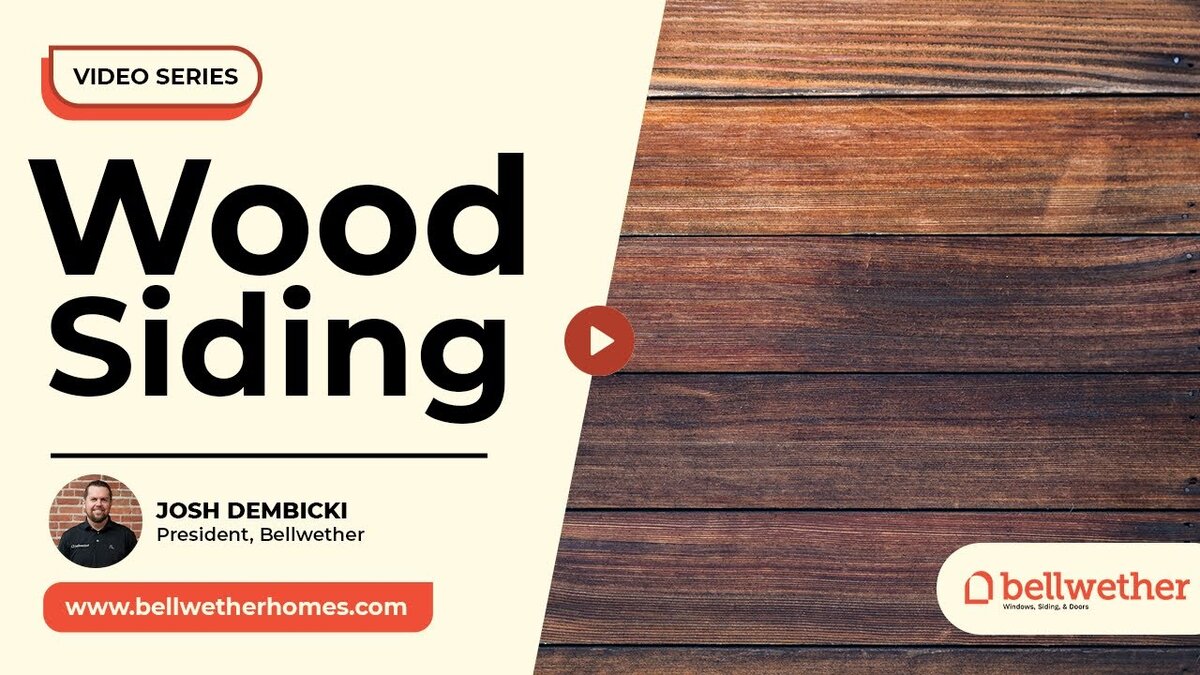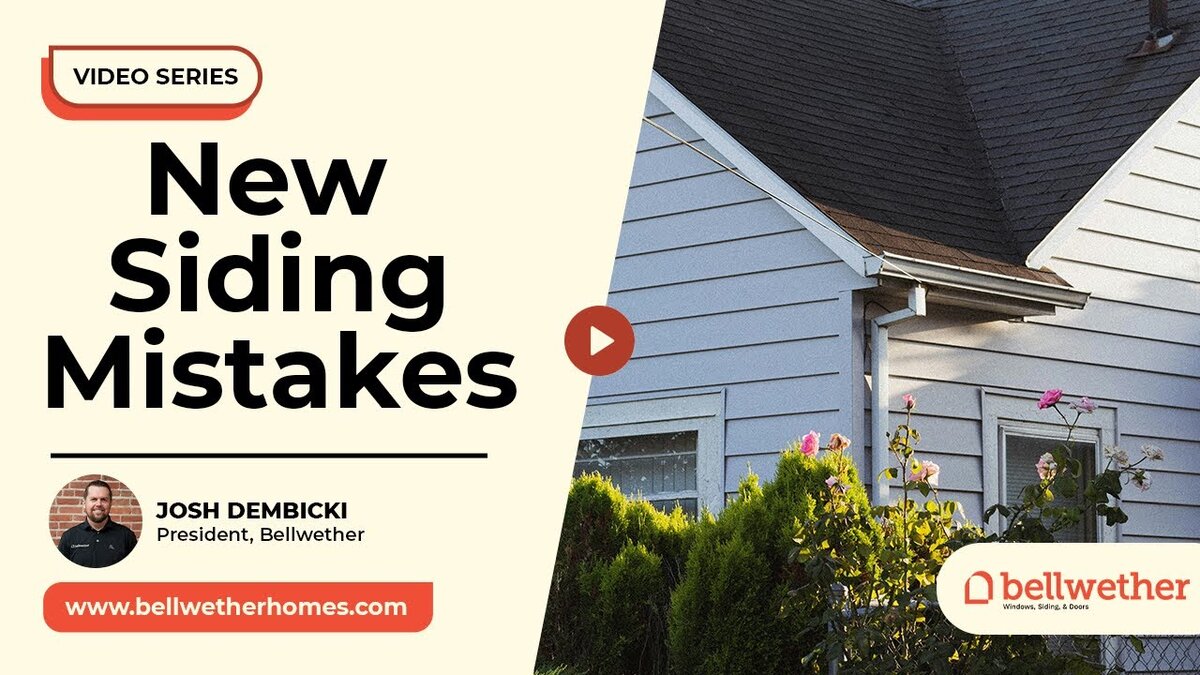Budget planning is often one of the toughest parts of a window replacement project. Several factors can significantly influence your budget, from the materials you choose to the complexity of the installation. Understanding these key variables is essential to making informed decisions and staying on track financially. At Bellwether, we are committed to providing top-notch quality and value for your investment. Let’s explore the five main factors that determine window replacement costs, so you can approach your project with confidence and clarity.
1. Window Material: What Are Your Windows Made Of?
One of the most significant factors in determining your window replacement costs is the material of the windows. Different materials come with varying price points, durability, and maintenance requirements.
- Vinyl: A popular and cost-effective option, vinyl windows are durable and low-maintenance, but they might not offer the premium appearance of wood or fiberglass.
- Fiberglass: Known for its strength and resistance to temperature fluctuations, fiberglass is a mid-range option that combines durability and energy efficiency.
- Wood: While wood windows provide a classic look and excellent insulation, they come with a higher price tag and require more maintenance over time.
Choosing the right material not only impacts the upfront cost but also affects long-term durability and energy efficiency. At Bellwether, we guide you through these options to find the perfect fit for your home and budget.
2. Window Style: Size, Shape, and Functionality
The style of your windows plays a crucial role in your overall costs. From standard shapes to custom designs, here’s how different styles can impact your budget:
- Standard Shapes: Double-hung and sliding windows are typically more affordable than custom shapes.
- Custom Shapes: Arched, octagonal, or other unique shapes will increase costs due to specialized manufacturing.
- Functionality: Non-operable picture windows are usually less expensive than operable styles like casement windows or those with crank mechanisms.
For example, a large fixed picture window may cost less than a smaller casement window with added functionality. Understanding your priorities—whether it’s aesthetics, functionality, or cost—will help you make the best choice.
3. Energy Efficiency: Long-Term Savings vs. Upfront Costs
Energy efficiency is another critical factor when budgeting for window replacements. While some options may increase the upfront cost, they can save you money over time by reducing energy bills.
Consider the following:
- Double-Pane vs. Triple-Pane: Triple-pane windows offer better insulation but come at a higher cost. For most homes, double-pane windows strike a good balance between efficiency and affordability.
- Glass Coatings: Low-E (low-emissivity) coatings can enhance energy efficiency by reducing heat transfer, which helps regulate indoor temperatures.
Investing in energy-efficient options may seem costly upfront, but the long-term savings make them worthwhile for many homeowners. We’re here to help you weigh the benefits and costs.
4. Installation Complexity: Easy Access or Challenging Installs?
The complexity of your window installation can also influence costs. Factors like size, location, and accessibility all come into play:
- Large or Heavy Windows: Oversized windows require more labor and equipment, increasing installation costs.
- Third-Story Windows: Windows on higher levels may need scaffolding or special equipment, adding to the overall expense.
Every home is unique, and our team at Bellwether takes the time to assess your specific needs. We aim to provide seamless installations while keeping costs reasonable.
5. Quality of Windows: Invest for the Long Term
The quality of your windows directly impacts their cost, durability, and performance. While big-box stores may offer cheaper options, they often lack the durability and energy efficiency of higher-quality alternatives.
- Low-Quality Windows: These may contain recycled materials, leading to issues like warping and poor insulation.
- High-Quality Windows: Premium options provide better energy efficiency, durability, and warranties, making them a smarter long-term investment.
At Bellwether, we’re committed to delivering high-quality windows that offer excellent value without breaking the bank. We’ll help you find options that balance cost and performance.
In Summary
When planning for window replacement costs, it’s essential to consider materials, style, energy efficiency, installation complexity, and overall quality. Each of these factors plays a role in shaping your budget, and our team is here to help you simplify the process.
At Bellwether, we don’t just protect your home; we protect your budget. If you’re ready to start your window replacement project, contact us today for expert guidance and a free consultation. Let’s find the perfect solution for your home together.






